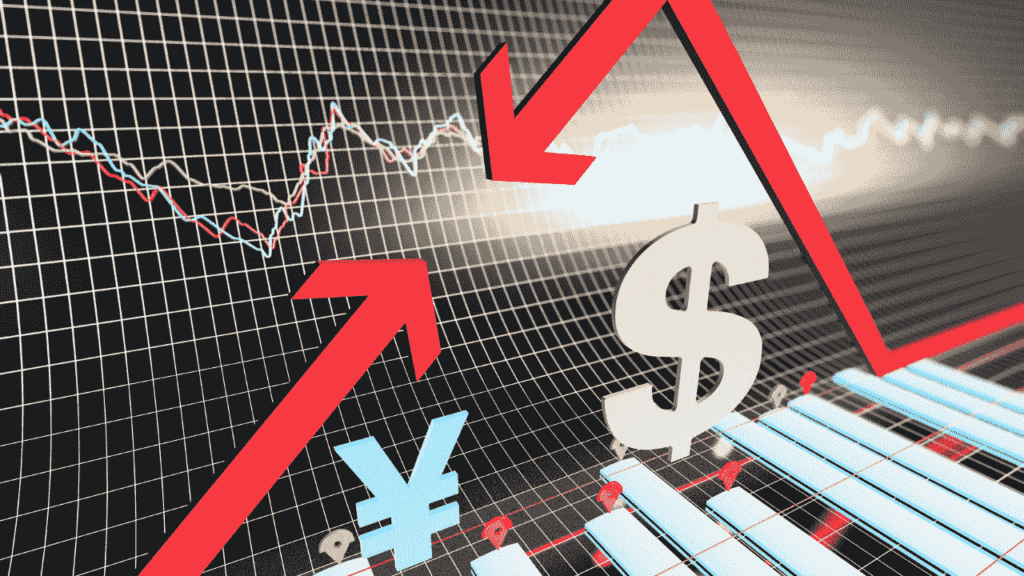BS Economics in Pakistan is gaining traction among students seeking a versatile and impactful career. The economic landscape in Pakistan is rapidly evolving, creating new challenges and opportunities that require skilled professionals. A BS in Economics equips graduates with analytical, quantitative, and critical thinking skills, making them valuable assets in various sectors. As we look towards 2024 and beyond, understanding the scope of BS Economics in Pakistan becomes essential for anyone interested in this field.
Table of Contents
1. What is BS Economics?
BS Economics is a four-year undergraduate program focused on understanding how economies operate, analyzing market trends, and interpreting economic data. Unlike the BA in Economics, which may include a broader range of social sciences and humanities, the BS Economics program is more technical and quantitative.
Key components of the BS Economics degree include courses in:
- Microeconomics: Study of individual consumer and firm behavior.
- Macroeconomics: Exploration of aggregate economic variables like GDP and inflation.
- Econometrics: Use of statistical techniques to analyze economic data.
- Development Economics: Understanding economic growth in developing countries.
- Public Policy: Analyzing the impact of government decisions on economic performance.
The eligibility for BS Economics typically requires a background in mathematics or economics at the high school level, with specific universities setting additional entry requirements.
2. BS Economics Subjects in Pakistan
The subjects taught in BS Economics programs across Pakistani universities are structured to build both foundational knowledge and specialized skills. The curriculum often includes:
- Core Subjects: Microeconomics, Macroeconomics, Econometrics, Mathematical Economics, Public Finance, and International Trade.
- Electives: Financial Economics, Environmental Economics, Urban Economics, Health Economics, and others.
This combination ensures a well-rounded education, preparing students for a variety of roles in both public and private sectors. Some universities offer unique electives or modules that cater to specific interests like behavioral economics or economic policy.
3. Scope of BS Economics in Pakistan
The scope of BS Economics in Pakistan is broad and growing. As the country grapples with complex economic challenges, there is an increasing need for professionals who can analyze data, forecast economic trends, and contribute to effective policymaking. Graduates of BS Economics are not limited to one specific industry; their skills are applicable in multiple fields, including:

- Banking and Finance: Working as financial analysts, risk managers, or investment advisors.
- Government and Public Policy: Roles in economic planning, development, and policy advisory.
- International Organizations: Opportunities with the United Nations, World Bank, or International Monetary Fund.
- Corporate Sector: Positions in business strategy, data analysis, and market research.
The versatility of a BS in Economics means that graduates can choose from a wide range of career paths, adapting their skills to the specific needs of the industry they enter.
4. Job Opportunities After BS Economics in Pakistan
The job market for BS Economics graduates is dynamic, with opportunities available across various sectors:
- Banking Sector: Roles such as credit analysts, risk analysts, and financial advisors are in demand.
- Corporate World: Positions in data analysis, business consulting, market research, and strategic planning.
- Government Agencies: Jobs in economic planning, financial regulation, taxation, and research departments.
- Education and Research: Teaching positions in universities or roles in research institutions.
Moreover, organizations like the State Bank of Pakistan or the Ministry of Finance offer specific roles that require expertise in economics. Graduates can also explore careers in international trade, economic development, or non-governmental organizations working on policy analysis and advocacy.
5. BS Economics Salary in Pakistan
Salaries for BS Economics graduates vary depending on factors like industry, job role, experience, and location:
- Entry-Level Positions: Typically offer between PKR 30,000 to 50,000 per month.
- Mid-Career Professionals: Can expect to earn around PKR 70,000 to 100,000 per month.
- Senior-Level Roles: Such as economists, policy advisors, or university faculty can command salaries ranging from PKR 150,000 to 300,000 per month.
Salaries in the private sector tend to be higher than in the public sector, although government jobs offer other benefits like job security, pensions, and healthcare.
6. Government Jobs for BS Economics Graduates
The government sector remains a popular choice for BS Economics graduates due to its job security and structured career progression. Roles are available in:
- Ministry of Finance: Economic planners, financial analysts, and policy advisors.
- State Bank of Pakistan: Positions focusing on monetary policy, financial stability, and economic research.
- Federal Bureau of Statistics: Data analysts and research officers.
To secure these jobs, graduates often need to pass competitive exams like the Public Service Commission exams or meet other specific requirements such as experience or additional certifications.
7. Further Education After BS Economics
Further education can greatly enhance the career prospects of BS Economics graduates. Popular options include:
- MS Economics: Deepening expertise in areas like econometrics or public policy.
- MBA: Developing managerial and business administration skills.
- CFA (Chartered Financial Analyst): Specializing in finance and investment management.
- ACCA (Association of Chartered Certified Accountants): Focusing on accounting and finance.
These qualifications can lead to higher salaries, more advanced positions, and opportunities in international organizations or senior roles within the private sector.
8. BS Economics vs BBA in Pakistan
When choosing between BS Economics and BBA, it is important to consider your career goals:
- BS Economics: Best for students interested in data analysis, economic theory, policy-making, or financial markets.
- BBA (Bachelor of Business Administration): Offers a broader business education, covering marketing, management, human resources, and finance.
For students interested in specialized economic roles or further studies in economics or finance, the BS Economics offers a more focused and in-depth curriculum. For those looking for a more generalist business education, BBA may be the better fit.
9. BS Economics vs BS Computer Science
Comparing BS Economics with BS Computer Science involves understanding the different career paths and skill sets:
- BS Economics: Prepares students for roles in finance, policy analysis, research, and business strategy.
- BS Computer Science: Focuses on software development, IT management, data science, and technology-driven roles.
If you enjoy working with numbers, data, and have an interest in understanding market dynamics, BS Economics is a suitable choice. However, if you are passionate about technology and programming, a career in computer science might be more rewarding.
10. Is BS Economics Hard?
BS Economics can be challenging, especially for students who are not comfortable with mathematics or quantitative analysis. The program includes rigorous coursework in statistics, mathematics, and economic theory, which can be difficult for some. However, with a strong interest in the subject and a commitment to hard work, many students find the degree to be manageable and rewarding.
11. Benefits of BS Economics
There are several benefits to pursuing a BS in Economics:

- Critical Thinking: Develops the ability to analyze complex problems and make informed decisions.
- Versatility: Opens up a wide range of career paths in multiple sectors.
- Analytical Skills: Strengthens quantitative and analytical skills, which are highly valued in the job market.
- Economic Understanding: Provides a deep understanding of how economies work, which is essential for careers in finance, policy-making, and development.
12. Best Colleges and Universities Offering BS Economics in Pakistan
Some of the top universities in Pakistan offering BS Economics programs include:
- Lahore University of Management Sciences (LUMS)
- Institute of Business Administration (IBA), Karachi
- Quaid-e-Azam University, Islamabad
- (NUST) National University of Sciences and Technology, Islamabad, Pakistan
- University of the Punjab, Lahore
These institutions are known for their high academic standards, experienced faculty, and excellent placement records for graduates.
Conclusion
The scope of BS Economics in Pakistan is promising, offering diverse career opportunities in both public and private sectors. With the country’s growing focus on economic development and financial stability, graduates with a BS in Economics are well-positioned to play a significant role. Whether you aim to work in banking, government, education, or corporate strategy, a degree in economics provides the foundation you need to succeed.
FAQs
-
What are the career opportunities for BS Economics graduates in Pakistan?
BS Economics graduates have wide-ranging opportunities in sectors like banking, government, corporate strategy, education, and international organizations.
-
How does BS Economics differ from BA Economics?
BS Economics is more quantitative and technical, focusing on statistical and mathematical analysis, while BA Economics includes a broader liberal arts education.
-
What are the salary expectations for a BS Economics graduate in Pakistan?
Salaries range from PKR 30,000 for entry-level positions to over PKR 300,000 for senior roles, depending on the sector and experience.
-
What are the options for further education after completing a bachelor’s degree?
Yes, options include MS Economics, MBA, CFA, ACCA, and other professional certifications to enhance career prospects.
-
Which are the best universities for BS Economics in Pakistan?
Top universities include LUMS, IBA Karachi, Quaid-e-Azam University, NUST, and the University of the Punjab.
